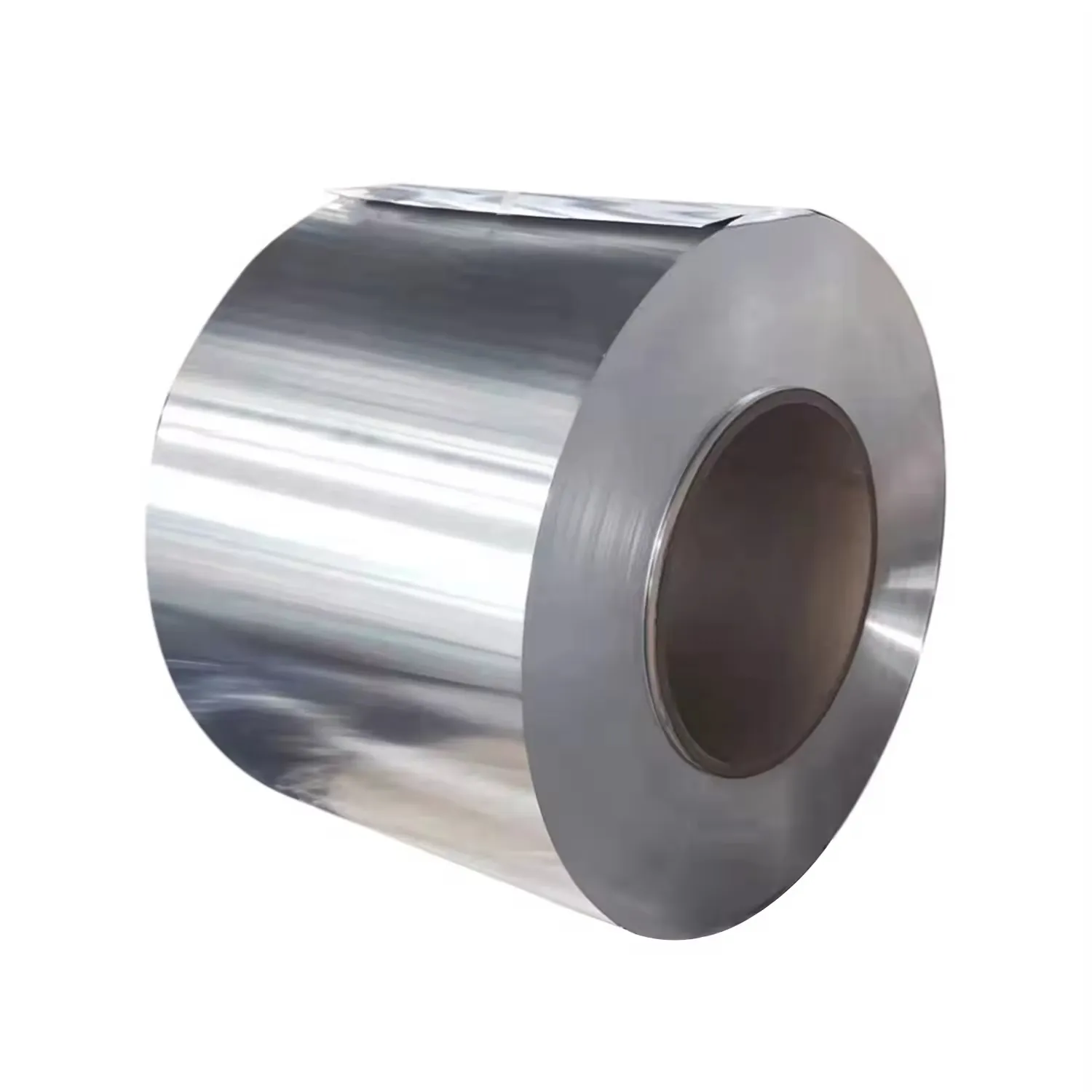Carbon steel coil for automotive applications is specially designed to meet the industry’s demands for strength, formability, and weight reduction, playing a pivotal role in vehicle safety, efficiency, and performance. These coils primarily use low carbon steel or high strength low alloy (HSLA) steel, with carbon content often below 0.20% for ductility and alloying elements like manganese, silicon, or niobium to enhance strength. Cold rolled coils are preferred for body panels, offering precise thickness (0.5mm to 3mm) and surface quality for complex stamping into doors, hoods, and fenders. Hot rolled coils are used for chassis components and structural parts requiring higher load bearing capacity. Key mechanical properties include tensile strength (450 700 MPa), yield strength (280 550 MPa), and excellent elongation (≥20%) to ensure crashworthiness and energy absorption. Advanced high strength steel (AHSS) coils, such as dual phase or martensitic grades, are increasingly used in safety critical parts like crash beams and door reinforcements, combining high strength with formability. Surface treatments like electrogalvanizing or pre painting protect against corrosion from road salt and moisture. Automotive coils must meet strict industry standards (e.g., ASTM A653, JIS G3141) and undergo rigorous testing for paint adhesion, formability, and weldability. As electric vehicles drive demand for lighter materials, manufacturers are innovating ultra high strength coils to reduce vehicle weight without compromising safety.


